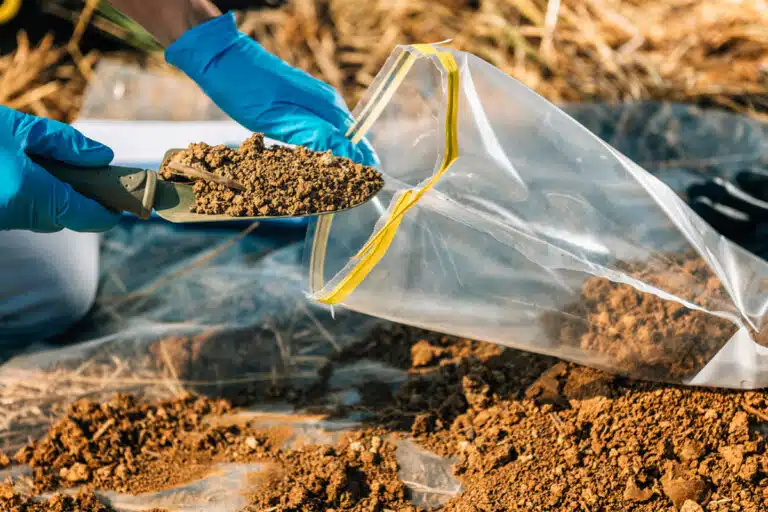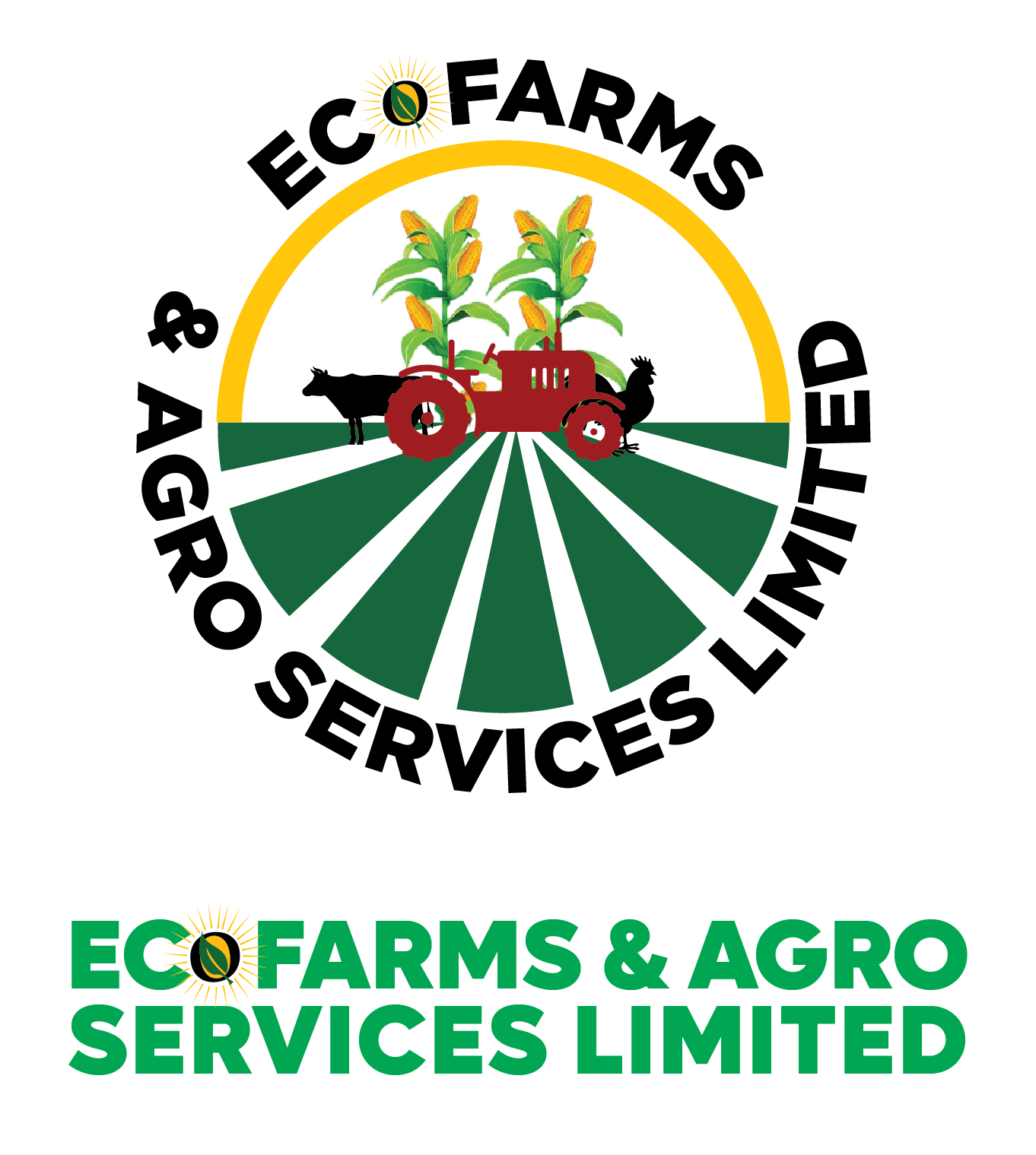Comprehensive Soil Nutrient Analysis
Soil Nutrient Analysis
Exceptional Expertise
Best Services Provider
EXPERT ADVICE
How To Collect Soil Samples for Comprehensive Soil Nutrient Analysis .
Soil nutrient analysis is key for adopting a sustainable soil health and fertility management system for your farm operation, to guarantee an increased crop yield, minimize losses from input cost and poor yields. An accurate field sampling is a critical protocol to guarantee the accuracy of the soil nutrient test results, and ultimately recommendations are based on submitted samples. The Ecofarms has two sampling protocols:


Selecting Field Sampling Areas.
We recommend a randomised sampling pattern of 3 samples per hectare. For fields less than a hectare, we recommend 2 randomised samples. When collecting first scout the field to study the topography of the field. Sampling should be spread around a uniform topography, soil type slope and drainage. Importantly, this operation should be repeated for each hectare or unit field.

Sampling Depth.
Sampling depth is an essential procedure for collecting soil samples. This is because, individual crops have different root systems. Furthermore, tillage practice and nutrient movement within the soil can vary and this greatly influences the availability of various nutrients across the soil profile. Overall the topsoil zone of about 0-30cm is where active biotic and abiotic soil activities takes place. In such fields it could be less or more , as no two fields are the same. For conventional cash crops, we recommend depths of about 20-30cm, for tree crops we recommend 25-50cm.

Soil Sampling Procedure.
Walk in a zig-zag manner across your field targeting a uniform distance from the base to the centre, and to the end of the field either in hectares, acres, or plots depending on the field size. Remember your target is to collect uniform soil samples of about 250g each from the field. Label each bag with the following details after filling the bags with the soil sample. Sample name or ID( e.g Hectare 1,sample a., Hectare 1, sample b., Hectare 1, sample c. or Field A sample 1, Field A sample 2, field A sample 3, Field B sample 1, Field B sample 2, Field B sample 3,Respectively). Sample depth, Ensure the sample submission form contains the date samples were collected, location and crops to be grown on the field.
How to Collect Soil Samples from Your Field.
Equipments you Will Need.
Caution /Sample Handling.

